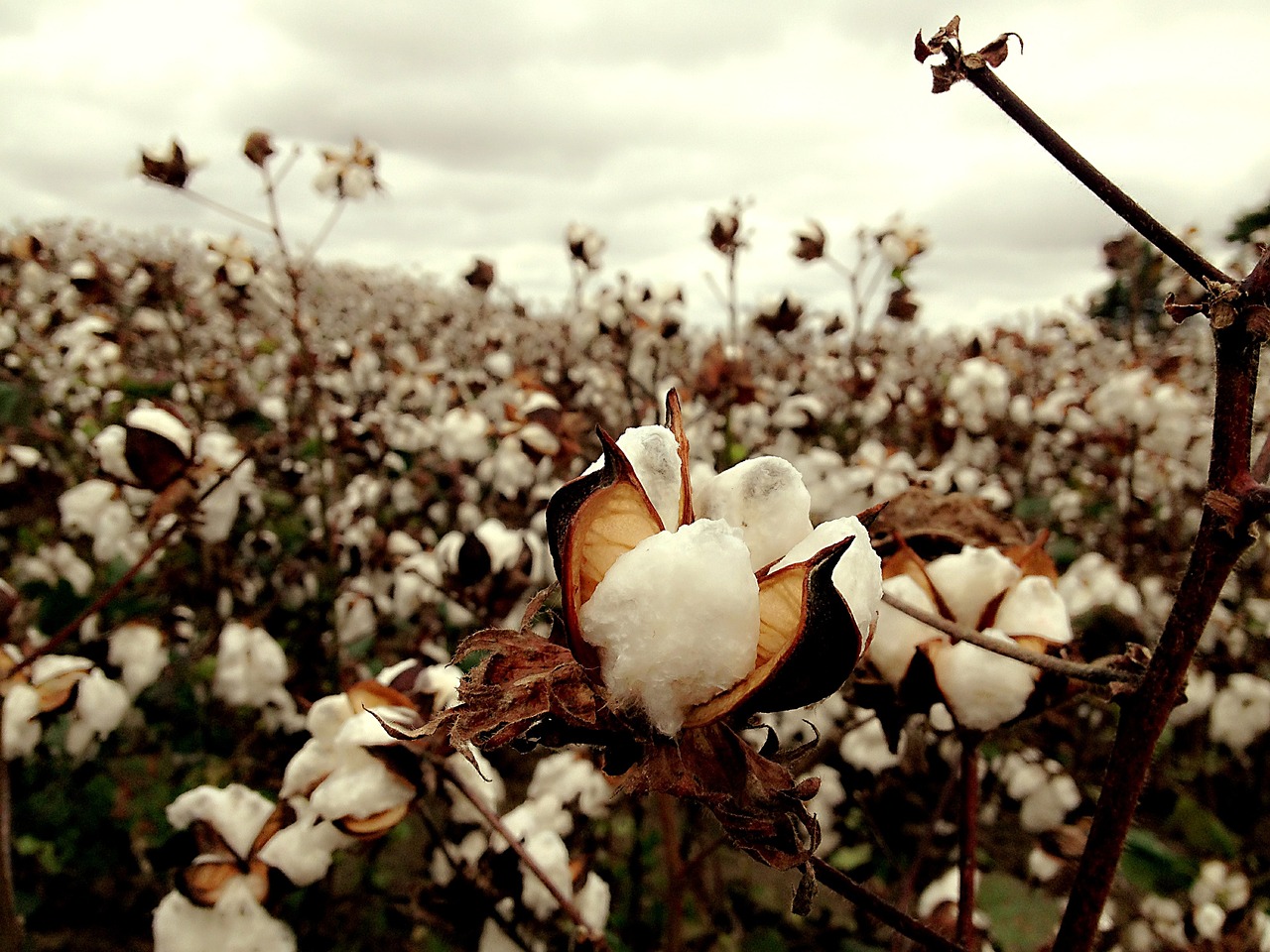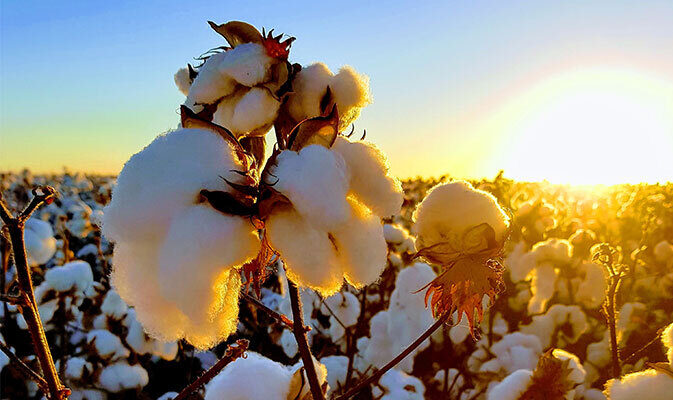The Food Safety and Standards Authority of India (FSSAI) decided not to accept a proposal that has been in the works since 2017, which has derailed attempts to sell “blended Basmati rice” throughout the nation. According to S Chandrasekaran, a trade expert and the author of “Basmati Rice: The Natural History Geographical Indication, The FSSAI judgment basically would maintain the purity of basmati and not allow any dilution,”.
Consumers will profit from being able to eat “pure basmati” as a result of the decision, which was announced on October 31. Farmers will benefit from increased returns. At the moment, basmati costs between 100 and 250 rupees per kilogram extra for domestic consumers. According to data from the Thai Rice Exporters Association, 2 percent of broken Indian basmati rice is listed at $1,500 per tonne on the international market.
According to FSSAI, the blended basmati category should either be eliminated or allowed to combine by 30%. Another argument against the marketing of blended basmati is that the growers’ seeds are 98 percent pure. While Saudi Arabia and the UK forbid the sale of basmati rice with more than 7% of other varieties mixed in, Thailand’s premium Jasmine rice is advertised with a purity level of 98.5 percent. The choice will also control the basmati market, which has a demand of 1.5 mt for the domestic market and 4 mt for exports.

